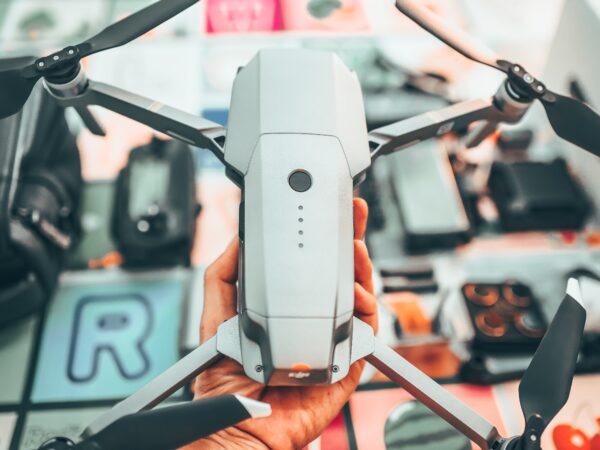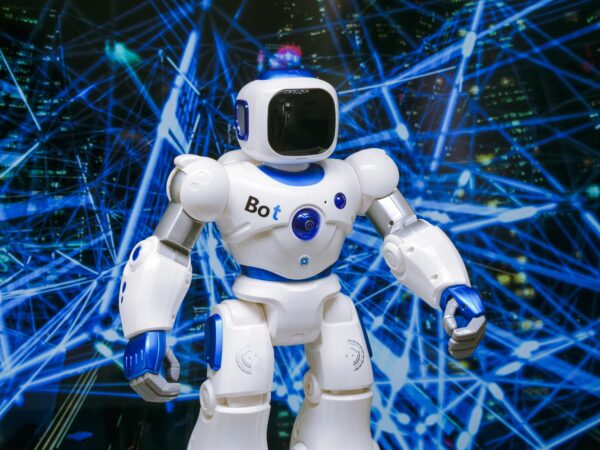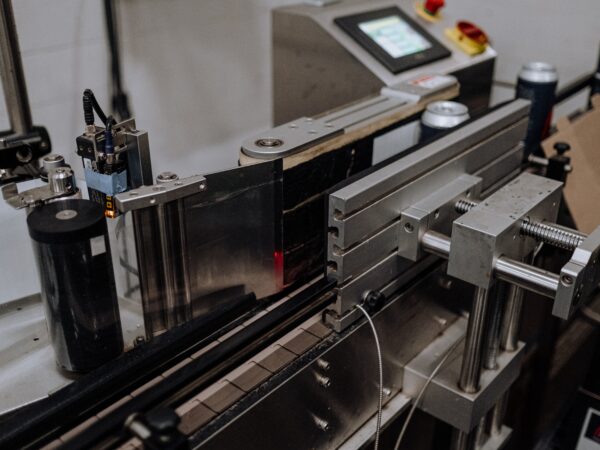Technology has evolved rapidly in recent years, pushing our world forward at an unprecedented pace. From communication to transportation, industry to agriculture, every aspect of our lives has been affected by technological advancements. It has made life easier, more convenient, and more efficient for humans. In this article, we will explore the past, present, and future and evolution of technology and how it has evolved over the years.
The Past
The history of technology can trace back to the Stone Age when humans used primitive tools made from stones, bones, and wood to hunt and gather food. The first major technological advancements occurred in the agricultural revolution, which saw humans develop tools for farming and domesticating animals. This period led to the development of civilizations as humans could settle in one place and grow crops for food.
In the Industrial Revolution of the 18th and 19th centuries, steam power was introduced, leading to the development of factories, and mass production of goods. Factories paved the way for the creation of new industries, such as textiles and manufacturing, which led to the development of cities and modern civilization.
The Present
The digital revolution is the most significant technological advancement of modern times. With the introduction of computers and the internet, we have witnessed an explosion in the way we interact and communicate with each other.
The internet has become a global network connecting people, businesses, and governments worldwide. Social media has revolutionized the way we communicate and stay connected, with platforms like Facebook, Instagram, Twitter, and LinkedIn being used by people of all ages.
Artificial Intelligence has also revolutionized the way we live, work and interact with technology. From personal assistants like Siri and Alexa to self-driving cars, AI has opened up a world of possibilities in healthcare, finance, and energy.
The Future
The future of technology is exciting and holds limitless possibilities. Here, we will explore some of the most significant technological advancements set to shape our future over the next few decades.
1. Robotics and Automation
The impact of automation and robotics across industries has been on an upward trajectory, with improvements in AI, integrating advanced sensors, and advanced machine learning. The COVID-19 pandemic has accelerated automation adoption, with many businesses seeking ways to minimize human contact in the workplace. Robotic process Automation (RPA) expects to reduce operational costs by up to 80% and boost productivity significantly.
2. AI and Big Data
In the future, AI will be present in almost every sector of the economy, helping people do their jobs better than ever before. The big data beacons will give companies access to more information than ever, helping them make better decisions, gaining competitive advantage, reducing costs while improving productivity, and better engaging with their customers.
3. Virtual Reality and Augmented Reality
Virtual Reality and Augmented Reality have come a long way in recent years, and now it’s time to make their impact felt. By to number industries such as retail, entertainment, healthcare, education, and tourism, VR and AR offer a new dimension in the way customers interact with the environment.
These technologies can blur the lines between the real and the virtual, creating a unique and immersive experience that has the potential of broadening creativity and learning experiences.
4. 5G Networking
Over the next few years, 5G networking will bring tremendous improvements to people’s day-to-day lives by offering faster speeds, lower latency, higher data capacity, and better overall performance. Also, it will revolutionize communication and data exchange, opening up a whole host of new opportunities for businesses and even individuals.
5. Internet of Things (IoT)
The IoT is already at work in industries such as agriculture, transportation, and healthcare, and is poised to become a significant technological advancement. The ability of IoT devices to interact with each other has the potential to improve resource utilization, reduce waste, increase efficiency, and reduce energy costs.
Conclusion
Technology has come a long way over the years, and its evolution has transformed the world in ways that were previously unimaginable.
Further, The past advancements, present technologies, and future developments we have discussed in this article, have enhanced our lives, boosted economic growth, and provided solutions to many global challenges. As the world continues to evolve and technology advances, we can only look forward to an even more exciting future.
However, with the benefits of technology come challenges, from cybersecurity threats and data privacy concerns to social issues and inequality. Therefore, it is important for us to use technology responsibly and ethically for the betterment of society and don’t let the evolution of technology harm us.











